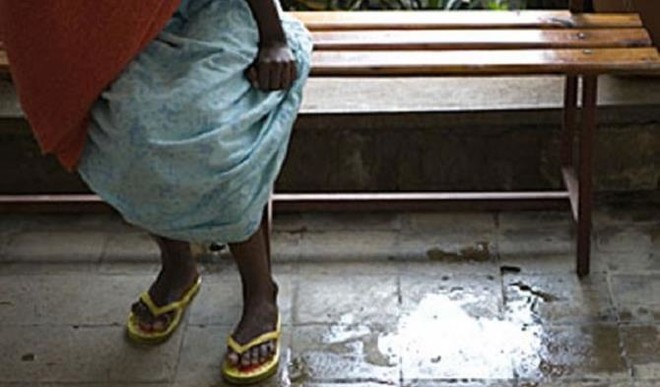
Years of donor-driven projects to prevent and treat fistula in thousands of women across Nigeria have seen little change in the number of women coming down with the condition, experts say.
Dr Suleiman Zakariya, a clinical associate at Fistula Care Plus, a project to treat and prevent obstetric fistula, says the apparent lack of change calls for communities to be actively involved in preventing new fistula cases.
The burden of fistula still hovers around 12,000 new cases each year, and the prevalence is up to 150,000 cases at “any given time,” Zakariya said at a workshop in Abakalikil, Ebonyi.
“Fistula has been a recurring challenge for us. The magnitude of the problem demands our participation,” he said. “And for the first time we are looking at community participation in perspective.”
The new approach hopes to consider how communities can be actively involved in preventing fistulas in women.
“Without involving the communities where the problem is endemic, we won’t be able to prevent it,” said Zakariya, of the Fistula Care Plus, a US government-funded project run by Engender Health in Nigeria.
“If we focus on the treatment without turning off the tap where these cases are coming from, our efforts will not count.”
In addition to different sites across the country, the project is on at Ikwo, an Ebonyi council area bordering Cross River—considered to have a high prevalence of teenage pregnancies, early marriage, high use of traditional birth attendants, and where harmful traditional practices as female genital mutilation is common.
The Daughters of Virtue and Empowerment (DOVENET), a civil society group which works in Ikwo to identify women with fistula has referred 97 women for fistula treatment at the National Obstetric Fistula Centre in Abakaliki.
Surgeons at the centre repaired 39 women and certified them “completely treated and dry,” according to Ugo Nnachi, executive director of DOVENET.
Across 17 communities in the council area, DOVENET has reached some 2,640 people through religious and community leaders, health providers and ward development committees to “share information and identify possible clients,” said Nnachi.
She said women treated of the condition have been able to reunite with families who previously abandoned them, and to return to livelihoods once threatened by fistula.
The condition causes uncontrolled leakage of urine or faeces through the vagina, via a hole created when the head of baby presses too long against the vaginal walls in prolonged obstructed labour.

 Join Daily Trust WhatsApp Community For Quick Access To News and Happenings Around You.
Join Daily Trust WhatsApp Community For Quick Access To News and Happenings Around You.

